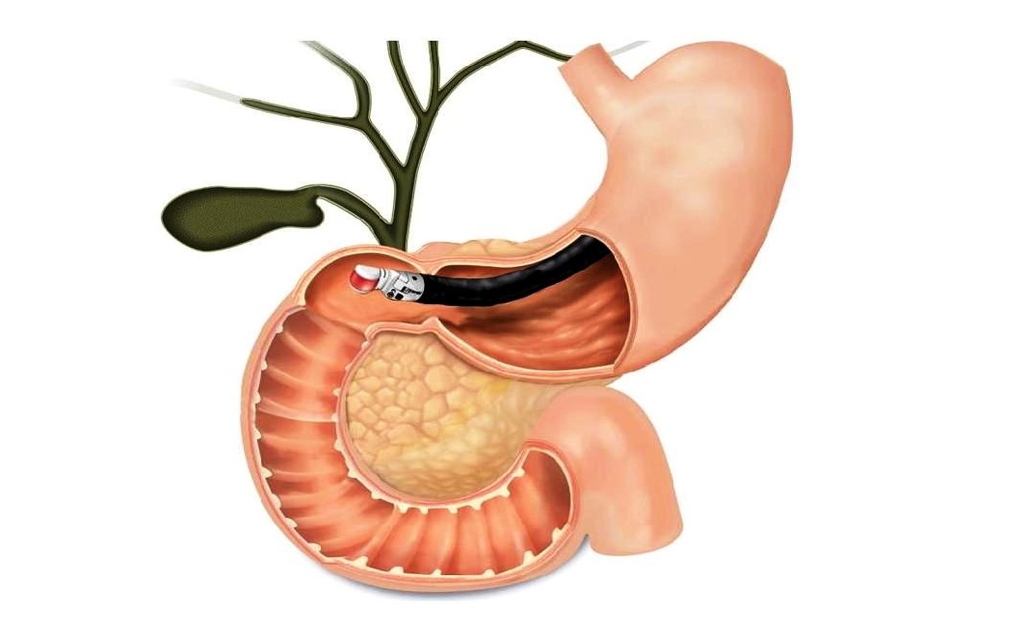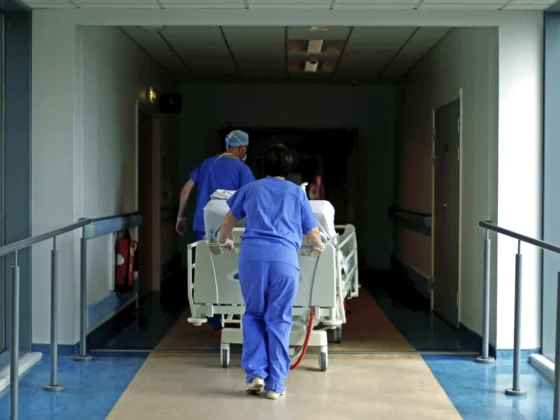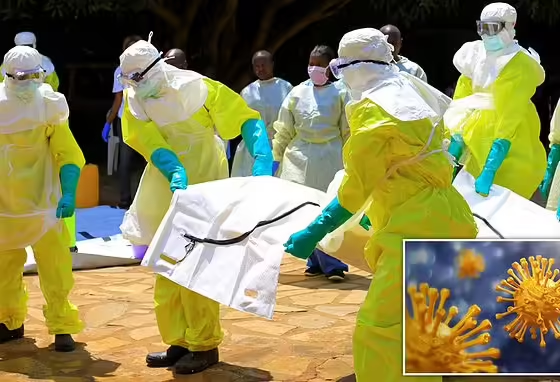Covid-19 is relatively a new disease and scientists are still trying to understand its impact on the human body. But one this is clear that different body types react differently to this disease. A new study has found that people with an apple-shaped body are at higher risk of death from the coronavirus disease. The study said that an Apple-shaped body means an increase in abdominal obesity.
Excess belly fat is directly related to greater inflammation
The study has been done by researchers at Tokyo Medical and Dental University (TMDU). Researchers found having excess belly fat is directly related to greater inflammation and mortality in Covid patients.
Those patients who get infected with coronavirus experience a dangerous event called cytokine storm. This involves severe inflammation and dramatically affects breathing which ultimately leads to death. Although it is impossible to predict which patients will undergo this event, conditions such as high blood pressure, diabetes, kidney disease, and obesity are known risk factors.
“While we were treating people infected with Covid-19, we noticed that obese patients with predominantly abdominal fat tended to experience more severe disease courses and worse outcomes,” said one of the lead authors Tadashi Hosoya from the varsity.
“Therefore, we hypothesised that the accumulation of visceral adipose tissue fueled systemic inflammatory responses in Covid-19 and could be a marker for identifying high-risk patients,” Hosoya said in the paper published last month in Proceedings of the National Academy of Sciences (PNAS).
Understanding Impact of Uterine Fibroids on Fertility | ALSO READ
To test this, researchers selected two types of obese mice: ob/ob mice and db/db mice. While the first one was susceptible to putting on abdominal fat, the latter one put on fat all over. Leptin signalling, which regulates appetite, is impaired in both types of mice, leading them to become obese from overeating.
Researchers then infected them with mouse-adapted SARS-CoV-2 and observed the outcome.
According to Shinsuke Yasuda, senior author, the results were very striking. “The ob/ob mice all died after infection with SARS-CoV-2, while most of the non-obese control mice and even the obese db/db mice survived”
They noted that ob/ob mice produced more pro-inflammatory factors than db/db mice. The finding suggested that excessive adipose tissue is related to the activation of cytokine storm and delayed elimination of SARS-CoV-2, thus predicting mortality.











